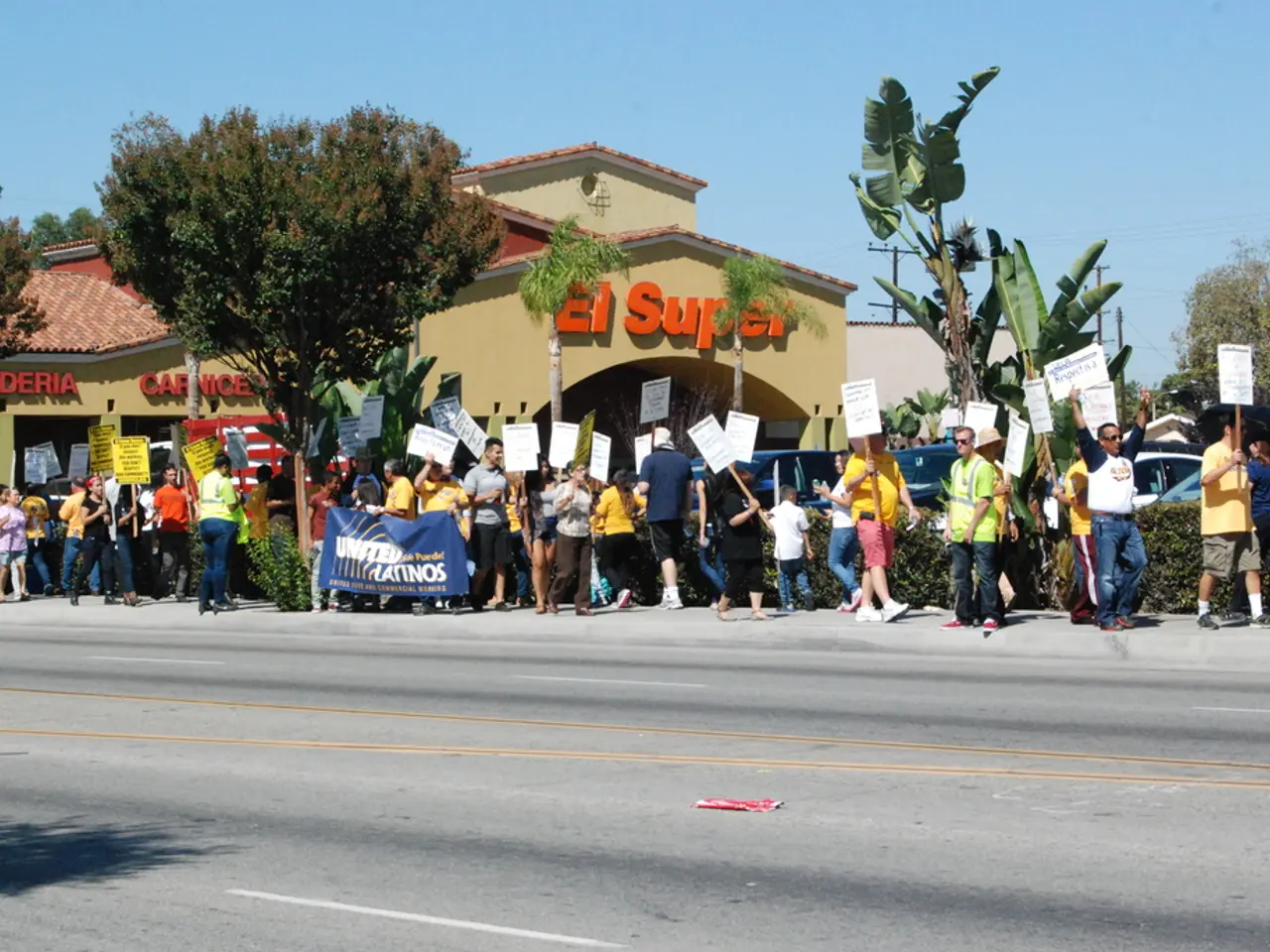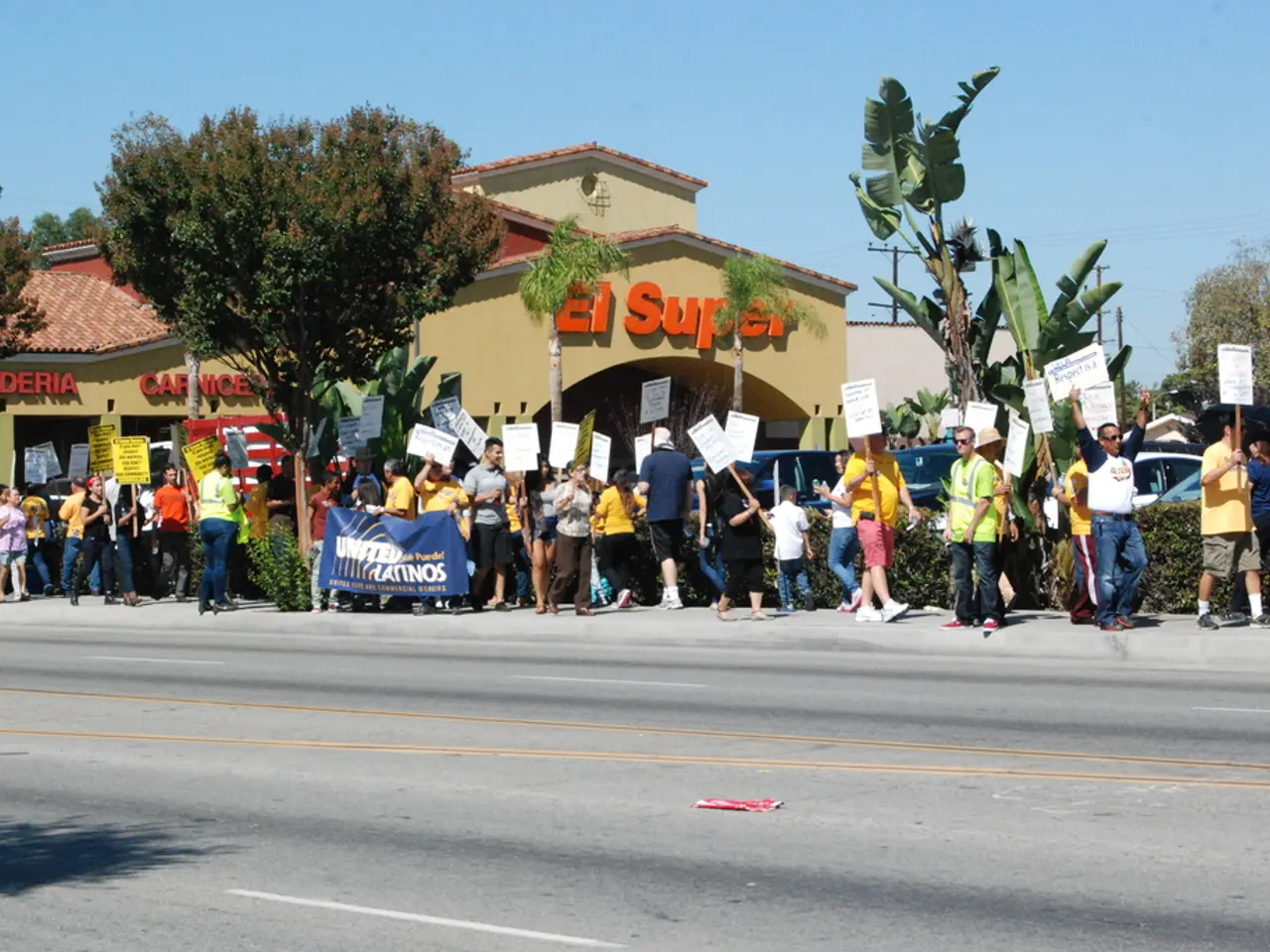Mining Official Pérez Dayán Bids Farewell, Handing Over Nation to Mining Sector
Historical analysis of the shift in preference among Mexicans towards judicial reform may not overlook the controversial episode involving Minister Pérez Dáyan.
As the Supreme Court prepares to retire, it has been revealed that in his final act, Minister Pérez Dáyan intends to rescind the Mining Law of 2023 in order to revive the 1992 Mining Law.
The 2023 Mining Law was designed to ensure stringent safeguards to preserve water resources and prevent damage to ecosystems and protected areas. Moreover, it guarantees free, informed consultations with indigenous communities during the development of exploitation projects. On the contrary, the 1992 Mining Law, passed during the era of neoliberalism, grants unrestricted access to land and rivers to corporations, often resulting in environmental degradation and irreversible damage to natural reserves.
Industry expert Beatriz Olivera explains that Pérez Dáyan will not debate the merits of the current law or praise the advantages of the 1992 law. Instead, he will only raise procedural flaws, such as a late opinion, a change in voting rooms, or drafting errors. However, these objections closely mirror previous instances of legal maneuvering in Mexico, where judges have used similar procedural issues to favor powerful interests over justice, as observed in cases of leniency towards criminals and delays in debtor cases.
As a result, the Pérez Dáyan episode has become synonymous with corruption, with its timing and weak arguments casting doubt on its intentions. In the mining-rich regions of Sonora and Zacatecas, indigenous communities are bracing themselves for the potential consequences of returning to the 1992 law, fearing increased destruction of ecosystems, contaminated water resources, and forced displacement.
The upcoming vote will determine whether the Ministers of the Supreme Court will endorse the mining industry or prioritize the protection of peoples and the environment. The stakes have never been clearer in demonstrating the potential harm of unregulated mining and the exploitation of natural resources. The outcome of the vote will be announced next week.
For updates on this developing story, join our WhatsApp channel.
- The controversial decision by Minister Pérez Dáyan to rescind the 2023 Mining Law and revive the 1992 Mining Law has sparked concern in the field of environmental science, especially since the 1992 law is known for its adverse effects on the environment.
- The invited speaker at the upcoming environmental policy and legislation seminar will be Beatriz Olivera, who has voiced her concerns about the potential impact of returning to the 1992 Mining Law, particularly in the areas of Sonora and Zacatecas.
- The upcoming vote in the Supreme Court is not just about policy and legislation regarding the mining industry; it's also a general news issue that sheds light on the role of politics in environmental protection, as the outcome could significantly influence the preservation of ecosystems and indigenous communities.








